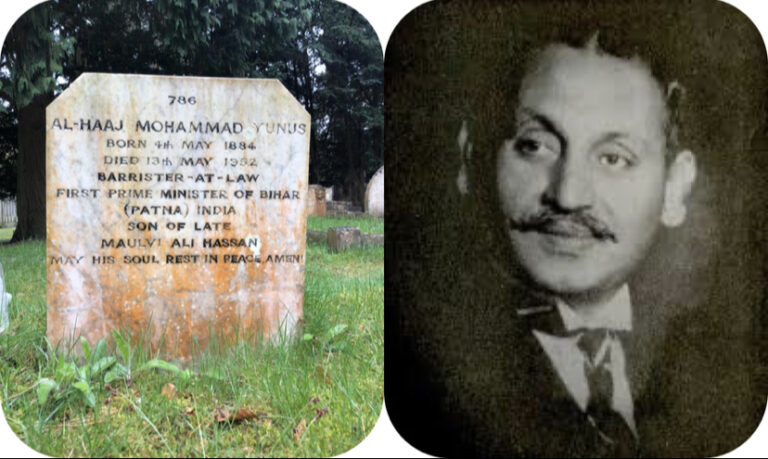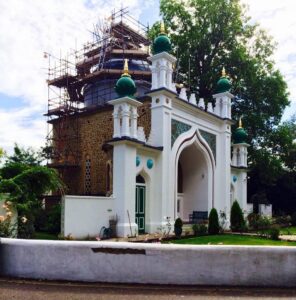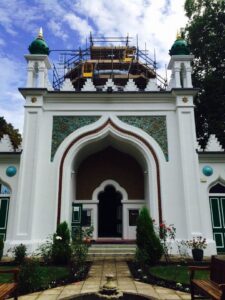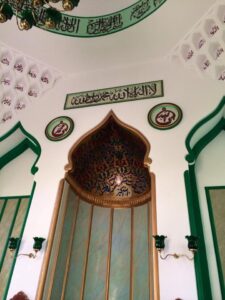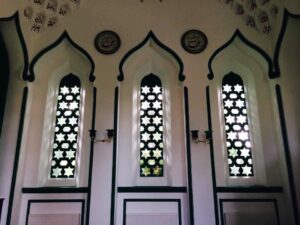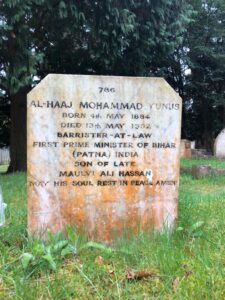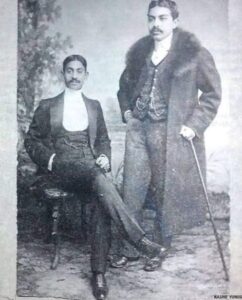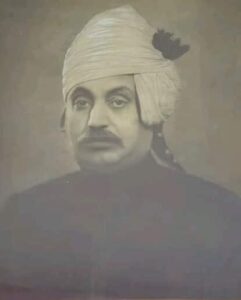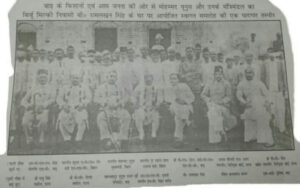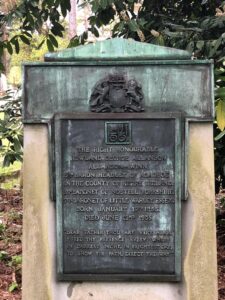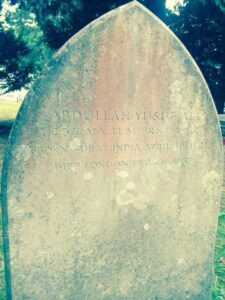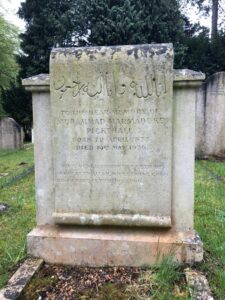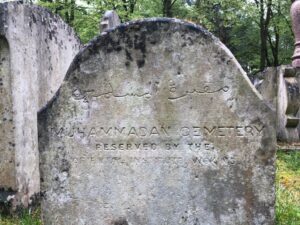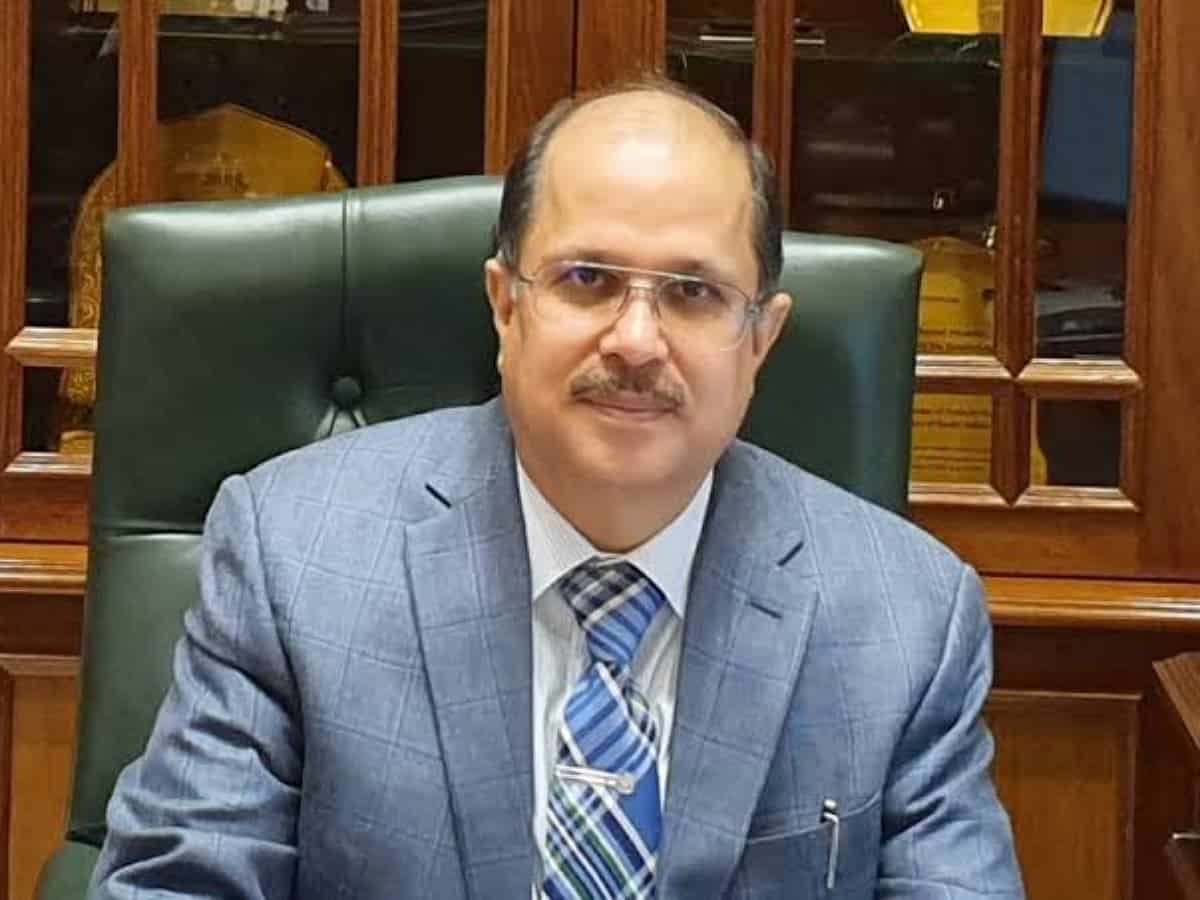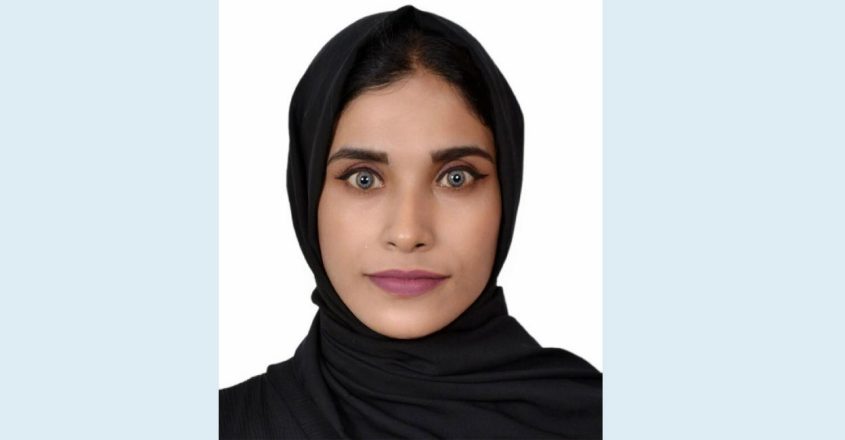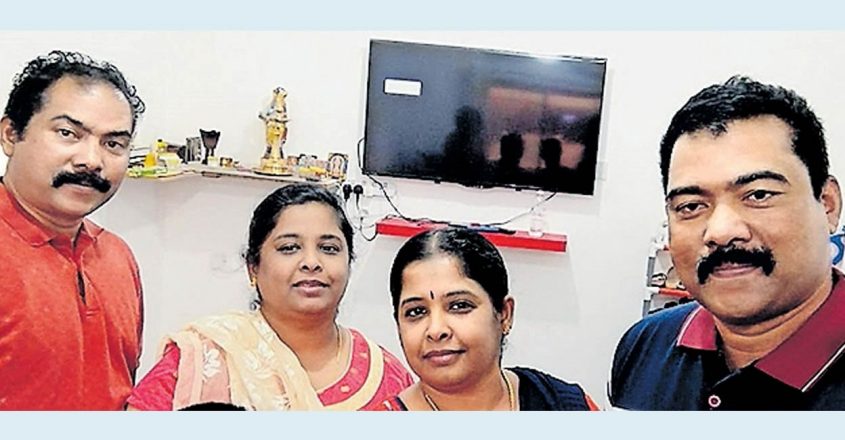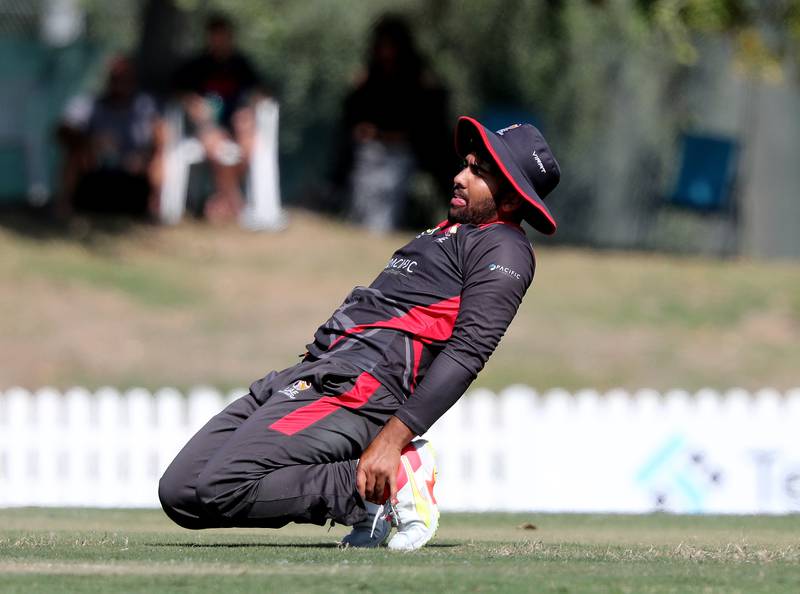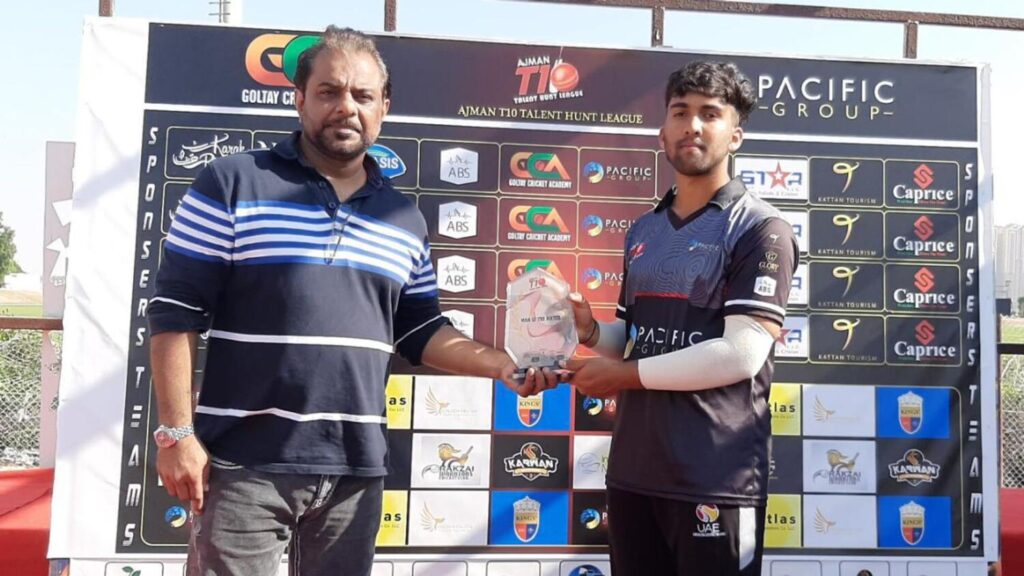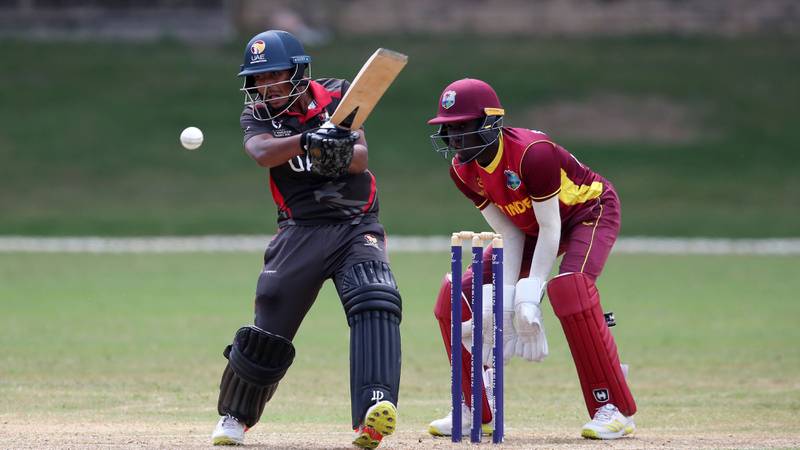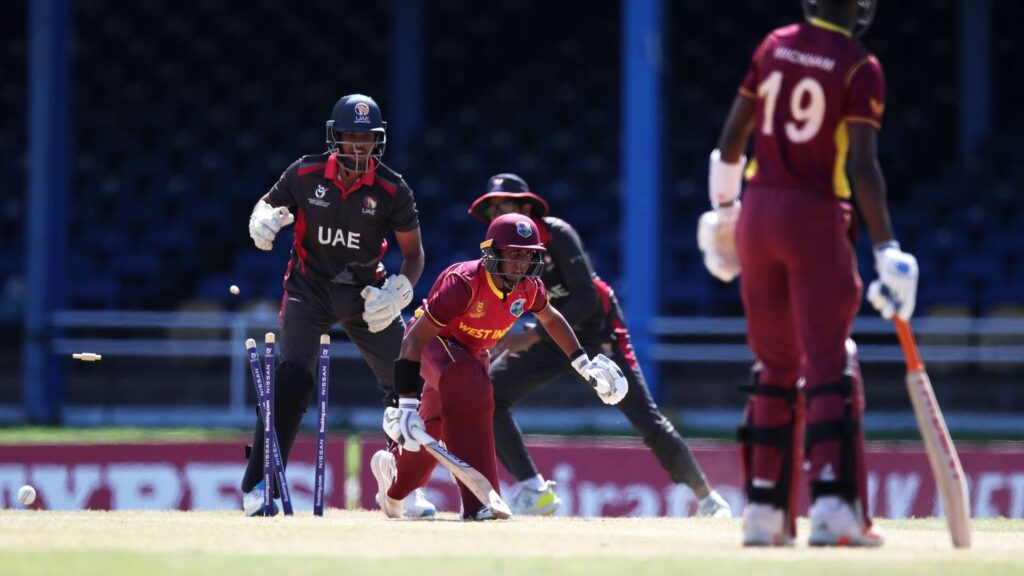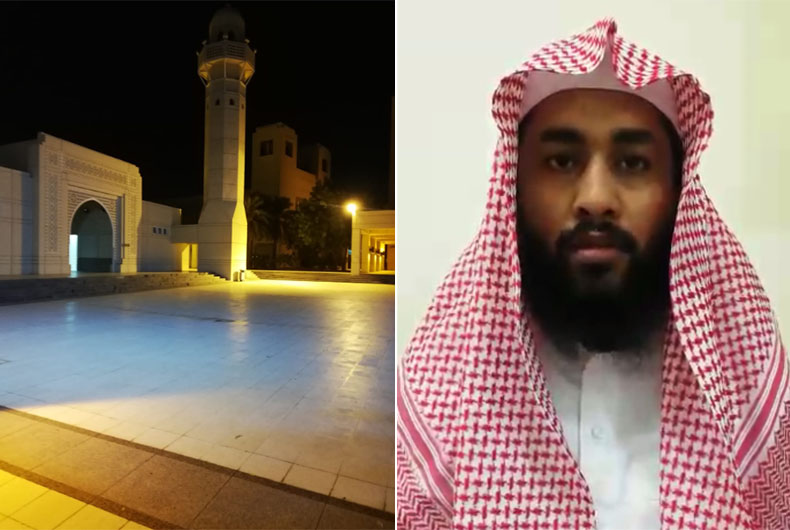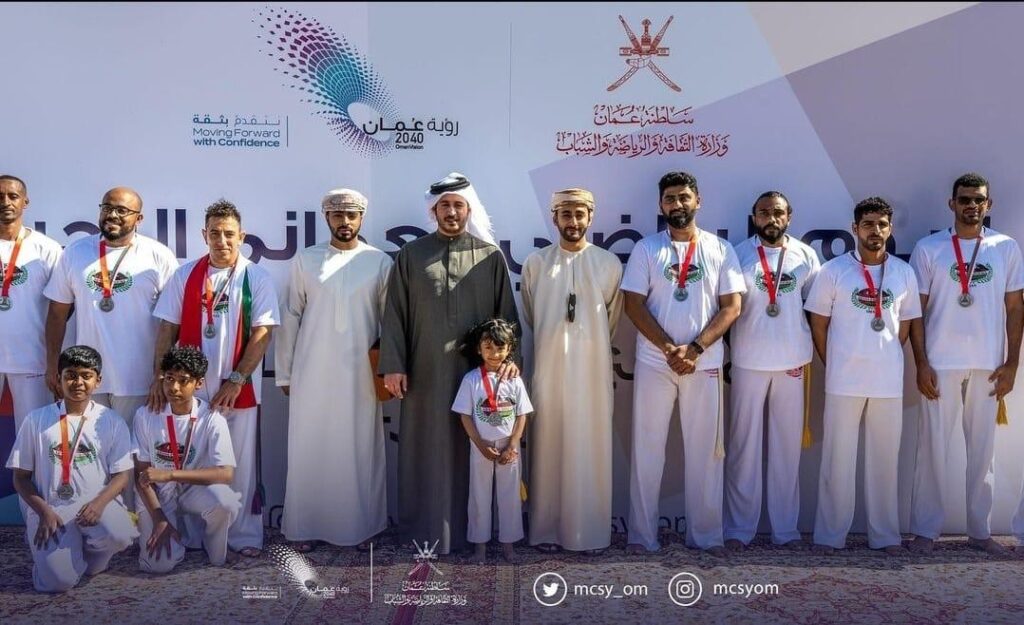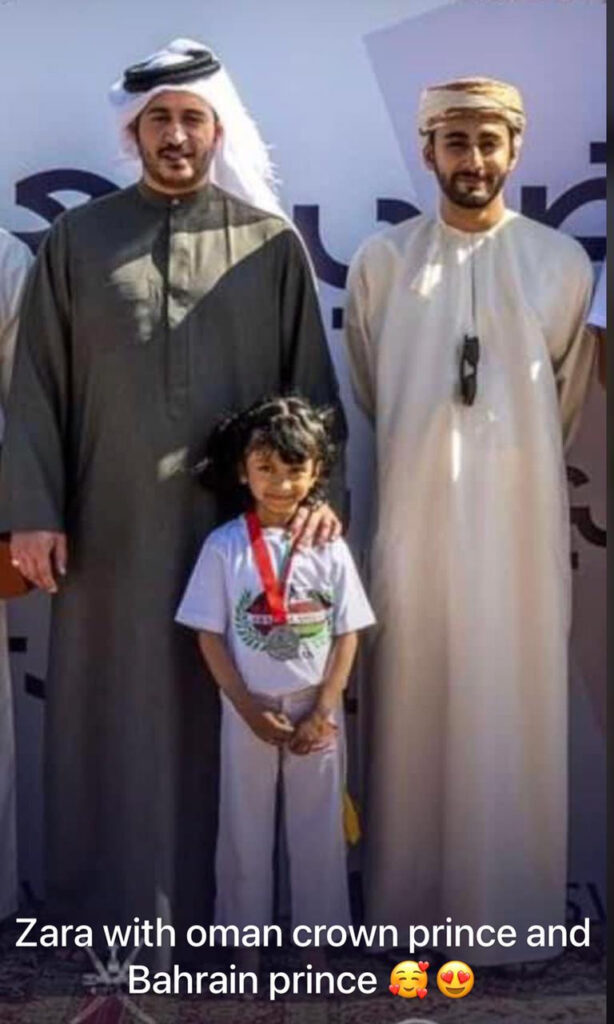Hyderabad, TELANGANA / UKRAINE :
Salman, along with countless others have been left to navigate to borders 800 kms away as the Indian government has absolved themselves of any responsibility.
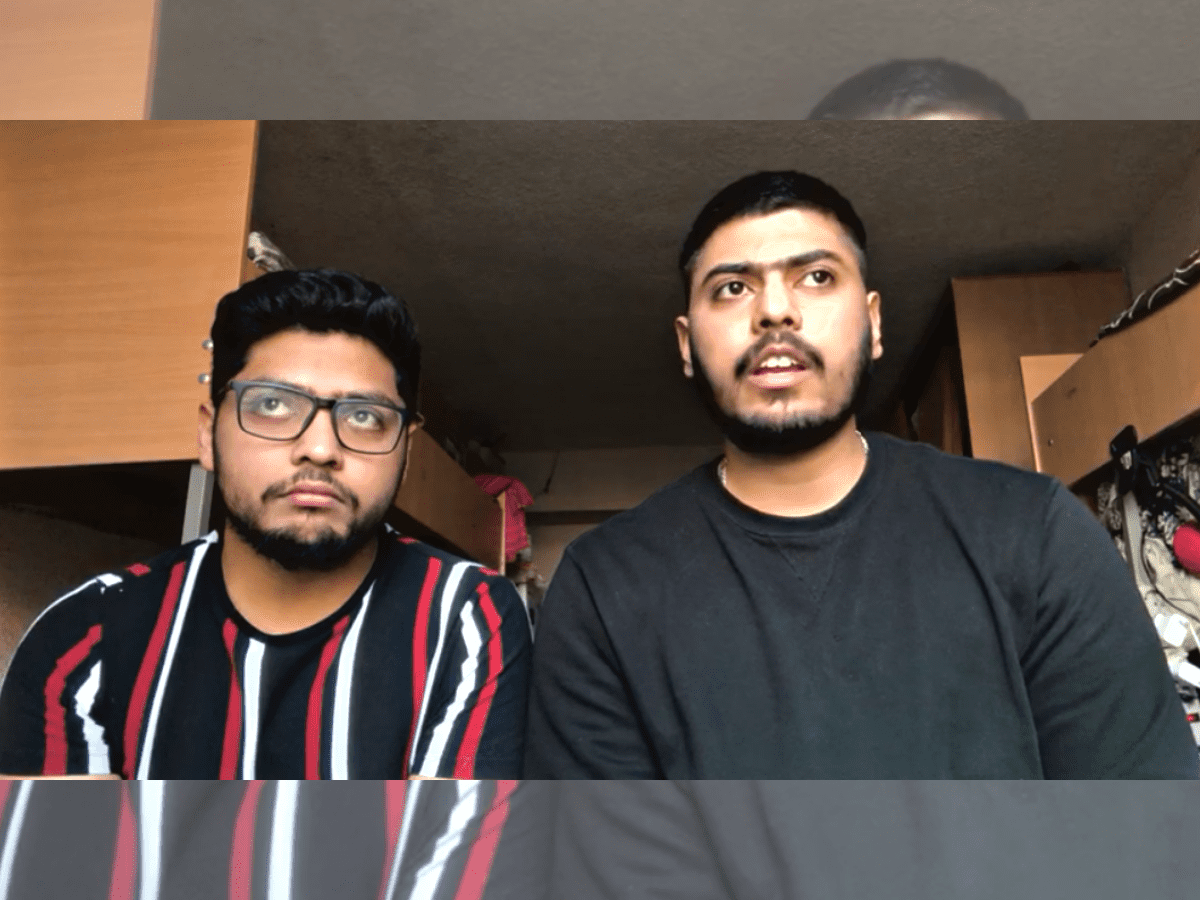
Hyderabad:
At 8:30 pm, IST, Salman Mohiuddin, one of the countless Indian students stuck in Ukraine, over a WhatsApp call narrated the horrors he had witnessed over the last few days. His voice was meek, with hints of helplessness. He rushed through his statements and made it a point to mention that there was hope if the government chose to help them.
He used the collective word ‘them’ instead of the singular ‘me‘, as in times of war, nobody speaks in the singular.
Salman, along with countless others, has been stranded in the war-torn country since Russian President Vladimir Putin announced a military offensive against Ukraine, leaving expatriates stranded miles away from their homeland.
As a large number of students from the Dnipropetrovsk Medical Institute of Traditional and Alternative Medicine hurried to the airports in an attempt to fly to safety before the dreaded war began, their hopes were crushed as they were prevented from flying minutes before they boarded their flights.
“We were asked to leave the airport by officials and seek shelter elsewhere. A few minutes later, we heard a bomb detonate. We were a mere 1.6 kilometers from the bomb,” said a passive Salman over the call with Siasat.com.
Salman’s testimony made one thing clear.
The war had begun.
Students up until then were in a close-knit group. When the bomb made its presence known, they panicked and ran in different directions. Salman along with five of his friends ran towards and found shelter in the Kyiv Medical University’s hostel alongside 150 other resident students. Others ran towards the embassy in search of refuge.
When asked about bare necessities, Salman said that for the moment things were fine.
“We are a group of over 150 Indian students who are currently stuck in Kyiv. We have sufficient food to eat as we found shelter in the university’s hostel,” added Salman.
Salman’s account of Ukraine as mentioned before extends beyond his own self. While he hasn’t witnessed bodily offenses, he discusses how he has heard violence. The auditory account of violence is conveyed in his meek and yet somehow, detached tone.
“My friends who ran towards the Indian Embassy had been given shelter in a school nearby. However, the students have been struggling with little food, and are forced to bear the chilly weather, without mattresses or proper arrangements for a good night’s sleep,” he says.
Indian government and where they stand:
After three days of waiting around the students were able to contact the Indian Embassy in Ukraine.
“We were able to get in touch with the Embassy after a while. The Indian government claims to be rescuing students from Ukraine but we have been left to survive on our own,” said Salman. His up till then placid tone shifts to one of betrayal. “How can he do this to us?” he asks.
“We have been asked to stay where we are until the situation improves. The Embassy has left us to navigate the borders on our own, which are over 800 kilometers away,” said a now rootless Salman.
To make matters worse, the Indian embassy in Ukraine on Monday advised all Indian students stranded in Kyiv to reach the railway station in the Ukrainian capital for their onward journey to the western parts of the war-torn country.
The Indian government has so far rescued 907 stranded citizens from Ukraine following Russia’s military offensive against Ukraine.
Civil Aviation Minister Jyotiraditya Scindia said that approximately 13,000 Indians are stranded in Ukraine as of now, and the government is making efforts to bring them back as soon as possible.
Salman’s Hyderabad connection:
Salman’s family resides in Hyderabad’s Bahadurpura and like most families in Telangana has appealed to the state chief minister K Chandrasekhar Rao for help. Rao had earlier assured support for students from Telangana stranded in Ukraine.
Salman has earlier shared a video message, where he had shared glimpses of the heavily populated basement of the KMU as he pleaded with the Indian government for help.
Salman’s family resides in Hyderabad’s Bahadurpura and has appealed to the state chief minister K Chandrasekhar Rao for help, as he has promised to extend support in bringing back the students who are stranded in Ukraine, a copy of which has been accessed by Siasat.com.
“I spoke to my son a few hours ago. He told me that a few Ukrainian soldiers had tried to force their way into the hostel however were stopped and sent away by their hostel security guard. They are all stuck in the abasement of the hostel of KMU,” said Salman’s father Dr. Ghulam Mohiuddin.
They are stuck in Ukraine amidst a war. We are worried about them as bombs are dropping a few kilometers away from their location. We are appealing to the government for help,” said a helpless father.
Salman’s twin brother, Nomaan Hyder, who resides in Kazakistan, was the first to reach out to Siasat.com seeking help for his brother.
“He has been stuck in the basement alongside other students and we have been informed that they heard shots being fired at a distance when the Ukrainian soldiers arrived at the hostel. No one was hurt, however. Our family has been kept in the dark about a few terrifying incidents that have unfolded before my brother’s eyes in Ukraine,” said Nomaan.
The ongoing Russia-Ukraine War
The Russian army has launched coordinated missile attacks on several Ukrainian cities including the capital city Kyiv, on Thursday in Europe’s worst conflict in decades that was launched by Vladimir Putin on Thursday.
Negotiation talks are taking place in Belarus for Kyiv and Moscow however with little expectations.
Before the meeting, President Zelensky urged Russian forces to lay down their weapons and called for immediate EU membership.
On the fifth day of the Russian invasion of Ukraine, people in Kyiv are emerging from their homes after a weekend-long curfew.
As the Russian currency plunges, the interest rate is increased by 20 percent and experts warn of a possible run on banks.
UK’s defense secretary says that Russia could indiscriminately bomb cities as its frustration grows.
The northeastern city of Chernihiv was heavily bombed overnight however is still under Ukrainian control. However, reports of Belarus, a Russian ally, have decided to deploy its own soldiers to fight.
A number of World leaders have condemned the invasion and imposed sanctions against Russia, however, they have left little to no impact on the war-driven country. The US, EU, UK, and other allies have reportedly agreed to remove some Russian banks from the Swift payments system.
Germany also announced that it is sending anti-tank missiles and other weapons to Ukraine – marking a major change in policy.
A curfew had been put in place from Saturday to Monday morning after Russian missiles hit an oil depot in Vasylkiv, its mayor said, which has prompted fears of toxic fumes. Anyone who is seen on the street during the curfew will be treated as a Russian “saboteur”, said the capital’s mayor.
A large number of people have already fleed Ukraine, while some attempt to flee the war-struck country with a 27-hour-long queue of women and children, on the Moldovan border.
Heavy street fighting took place in Kyiv on Saturday as officials urged locals to take immediate shelter. Kyiv was struck by two missiles. As many as 198 Ukrainians, including three children, have been killed since the invasion began.
source: http://www.siasat.com / The Siasat Daily / Home> News> Hyderabad / by Syeda Faiza Kirmani / February 28th, 2022
